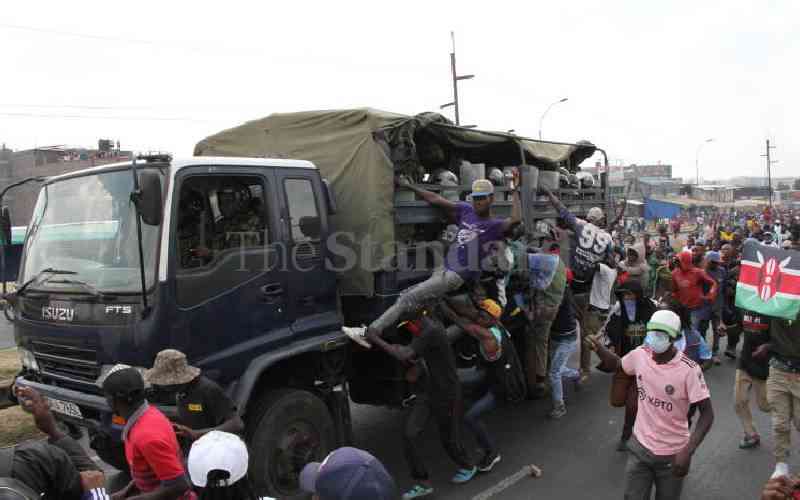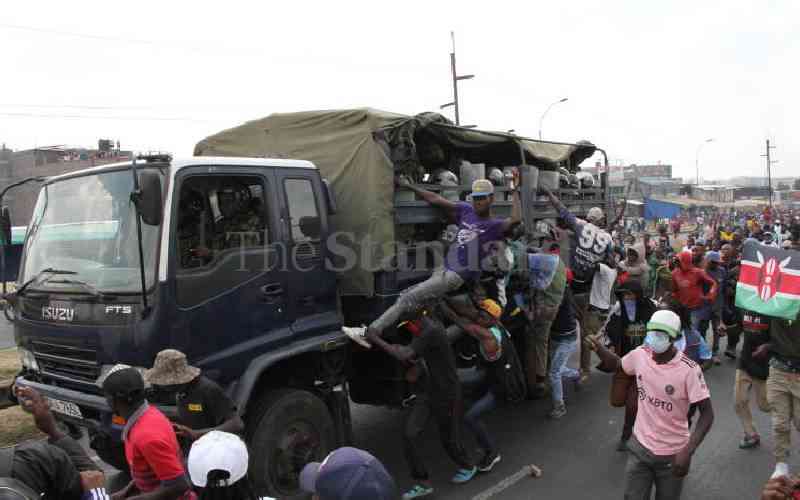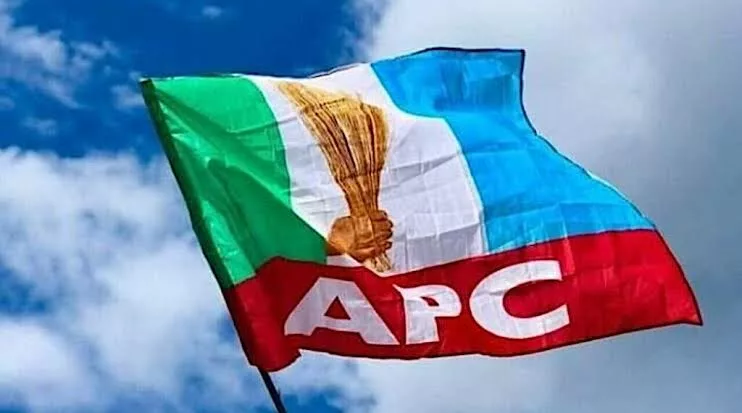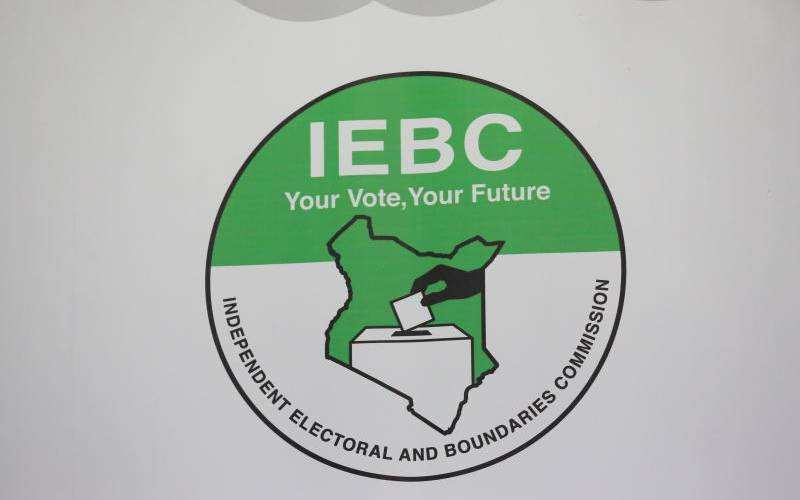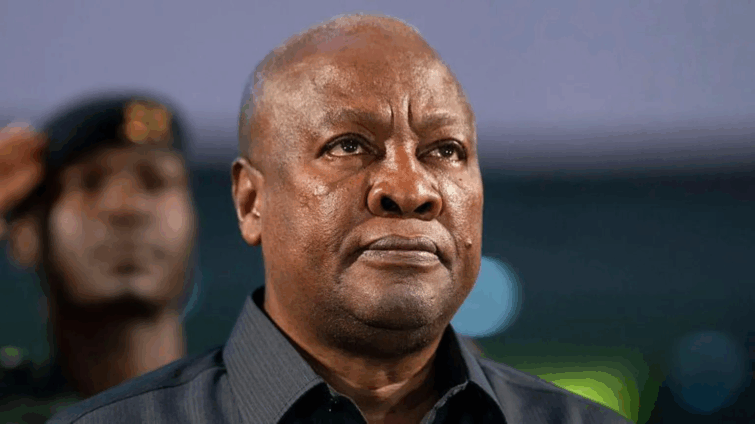Youth Power Rising: CSOs Launch Ambitious Bid for 2027 Electoral Shake-Up

With the 2027 general election on the horizon, a prominent civil society organization, We The People, has initiated a significant movement aimed at fostering increased youth participation across all tiers of government in Nigeria. This commitment to youth empowerment is encapsulated in their recent workshop, titled ‘Community Youth Engagement on Governance and Human Rights,’ specifically designed to engage young individuals from four local government areas within Rivers State. The program meticulously addresses crucial issues concerning governance, political dynamics, and the prevailing exclusion of those often deemed “too young to run for office.”
The fundamental objective of this initiative is to cultivate resilience among Nigerian youths, underscoring the imperative for their active involvement in the country’s electoral landscape, particularly as the 2027 general elections approach. Furthermore, the program seeks to equip them with the capacity to hold democratic institutions accountable. Ken Henshaw, the Executive Director of We The People, highlighted a stark demographic reality: youths aged between 16 and 25 constitute an overwhelming 85% of Nigeria’s voting population. Despite this substantial demographic power, they are consistently marginalized from governance and key decision-making processes within the nation.
Henshaw passionately argued that this systemic exclusion forms the bedrock of Nigeria's developmental challenges. He linked it directly to pervasive issues such as the "Japa syndrome" (mass emigration), the rise of various societal vices, and a profound social and political disconnect between the nation’s future generation and its governance and development trajectories. Recognizing this adverse scenario and driven by a vision for a brighter future for Nigeria and its youth, We The People, co-funded by the European Union, launched the impactful #IncludeNaija project. This project’s core mandate is to inspire Nigerian youths to ‘Participate, Demand and Act’ for their rightful place in the country’s political sphere.
During a ‘Community Youth Engagement on Governance and Human Right’ session under the #IncludeNaija Project in Port Harcourt, Rivers State, Henshaw articulated the project’s central philosophy: to help young people recognize and harness their inherent power. “They often forget they have the power in numbers, the power in their strength, their resilience, their ability,” he stated. The #IncludeNaija initiative is therefore dedicated to rekindling this awareness and equipping them with the essential skills required to translate this power into tangible action. As the 2027 elections draw nearer, the message to youths is clear and resonant: “participate, demand, act, you will demand inclusion.”
Participants for these crucial engagements were drawn from over 20 diverse communities spanning four local government areas, including Ogbo/Akpor, PHALGA, and Okrika, among others. Henshaw explained that the advocacy program has a dual focus: firstly, to ensure that young people can fully and meaningfully participate in the politics of their country and states, encouraging them to contest elections, vote, and hold their political leaders accountable. Secondly, the project is committed to ensuring that the rights of young people are safeguarded at all times.
A critical aspect of the project involves empowering young people with the skills and tools necessary to hold law enforcement officers, particularly the police, accountable, thereby protecting their democratic and human rights. Henshaw decried the prevalent stigmatization and harassment faced by youths based on superficial attributes such as tattoos, owning a laptop, appearing "handsome," or having dreadlocks. He emphatically stated that these are not crimes, nor is possessing an expensive mobile phone. He lamented that in Nigeria, being perceived as wealthy can instantly lead to accusations of fraud, culminating in arbitrary arrests and detention without due process. While acknowledging the existence of fraudsters, Henshaw stressed that it does not justify profiling or intimidating all young people. The project aims to bridge the capacity gap for self-advocacy among these primary targets of such abuses.
A significant barrier to youth participation, as regretted by Henshaw, stems from the two dominant political parties in Nigeria, the Peoples Democratic Party (PDP) and the All Progressives Congress (APC). These parties, he noted, have inadvertently stifled youth involvement due to the prohibitively exorbitant prices of their nomination forms. Despite youths accounting for 37 million voters in the last elections and representing the highest number of votes in the country, there is a striking absence of young persons in leadership positions, such as state governors. Henshaw questioned how a young person, aged 26, 27, or 30, could reasonably muster up to N100 million for nomination forms and risk such an investment to contest an election.
He argued that the current cost of nomination forms from major political parties is incongruent with any stated policy of engaging and promoting youth participation. Such high costs effectively serve as significant barriers, limiting the capacity of young men and women without substantial financial family backgrounds, or those unwilling to engage in illicit activities, to participate. Consequently, Henshaw posited that for a political party to genuinely align itself as youth-friendly, the inaugural step must be a drastic reduction in the cost of nomination forms, structured in a manner that genuinely incentivizes and enables youth engagement.
Earlier insights from John Atsu, a respected rights activist, further contextualized the #IncludeNaija Project. He explained that it is a comprehensive three-year civil society initiative in Nigeria, collaboratively funded by the European Union and Rosa Luxemburg Stiftung (RLS). Beyond its core focus on systemic youth exclusion in governance, the project also extends its scope to address critical issues such as environmental justice for communities adversely affected by resource extraction, and advocating for accountability concerning state and corporate abuses. These multifaceted objectives are pursued through a blend of workshops, conferences, and targeted advocacy efforts throughout Nigeria.
You may also like...
Sports Betting in Africa: Quick Money or Long-Term Addiction?

"Is sports betting in Africa an opportunity for wealth or a trap for addiction? Explore its impact on youth, the role of...
October 2nd: Guinea’s Independence—A Nation With Defiant Beginning and Enduring Story
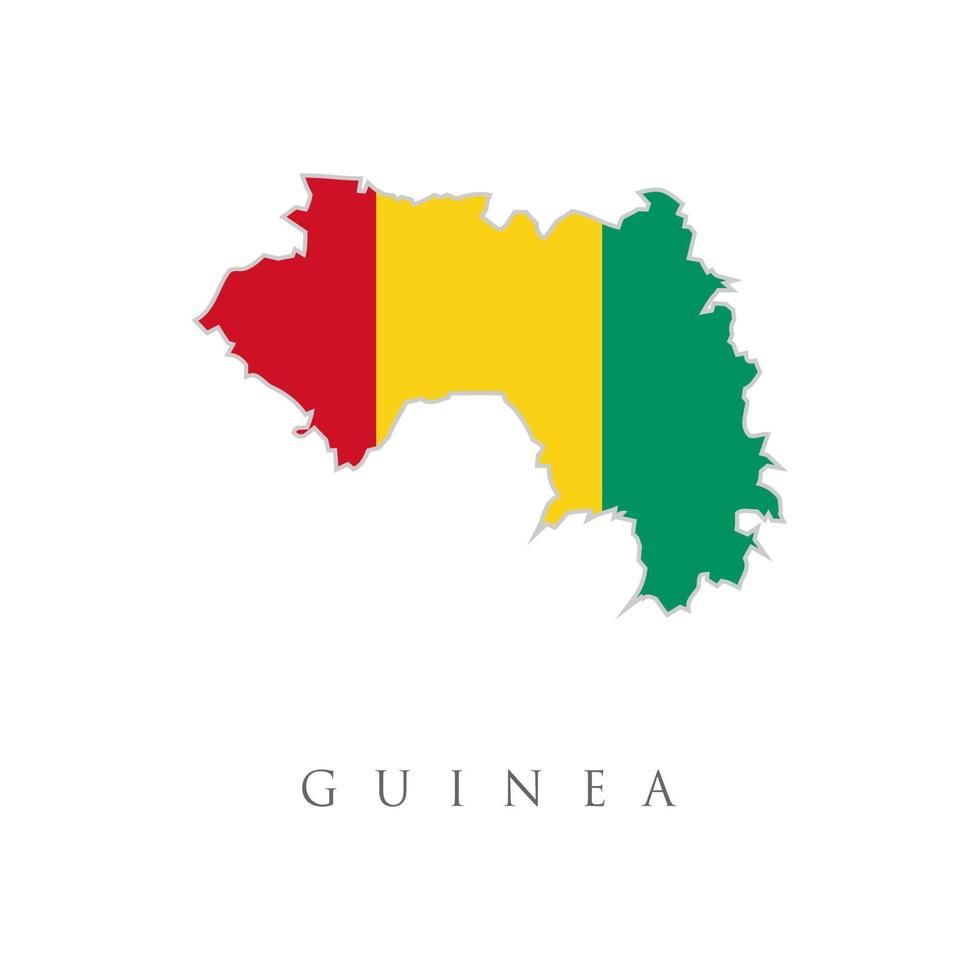
On October 2, 1958, Guinea made history as the first French colony in Sub-Saharan Africa to boldly declare independence....
The Jumia Story: Lessons From Africa’s First Tech Unicorn
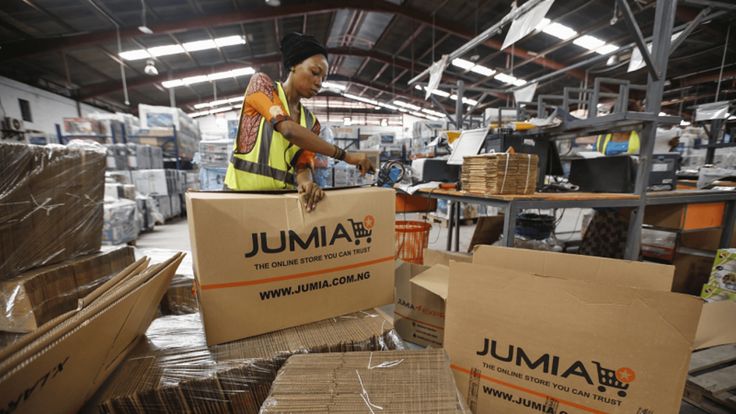
Discover the story of Jumia, Africa’s first tech unicorn, and how platforms like Glovo and Bokku are reshaping e-commerc...
The Silent Cognitive Crisis: Brain Complacency in the Age of AI
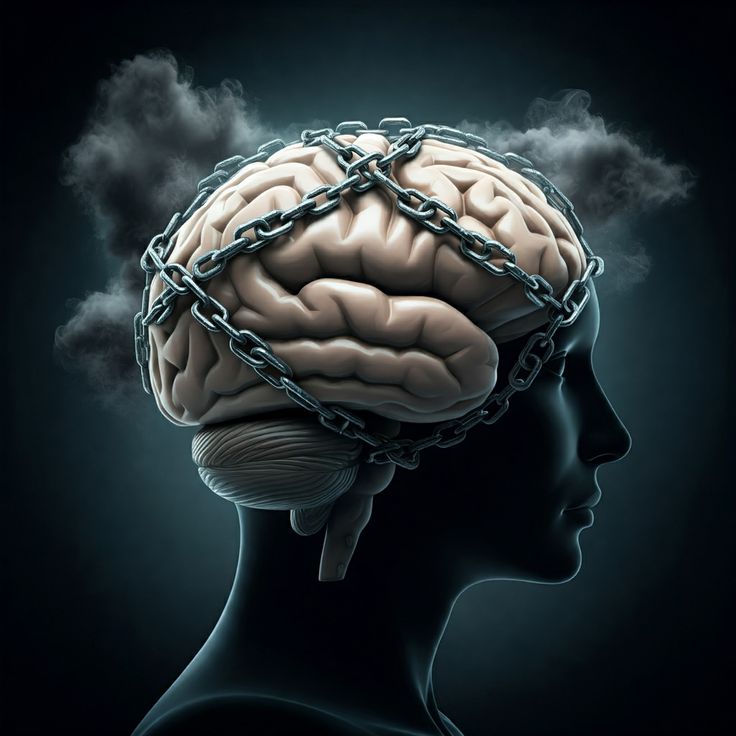
“AI offers convenience, but at what cost? Explore how over-reliance on artificial intelligence fuels brain complacency, ...
Legacy Continues: Football Royalty's Son Nets Stunning Screamer for Barcelona Youth

Shane Kluivert, son of Dutch football legend Patrick Kluivert, scored a spectacular 'screamer' for Barcelona's Under-19s...
WNBA Star's Terrifying Health Ordeal: Mitchell Reveals Rhabdomyolysis Left Her Paralyzed

Indiana Fever All-Star guard Kelsey Mitchell revealed she suffered from Rhabdomyolysis during a WNBA semifinal game, cau...
Warner Bros' Box Office Bubble Bursts, But Industry Shrugs: What Does It Mean?
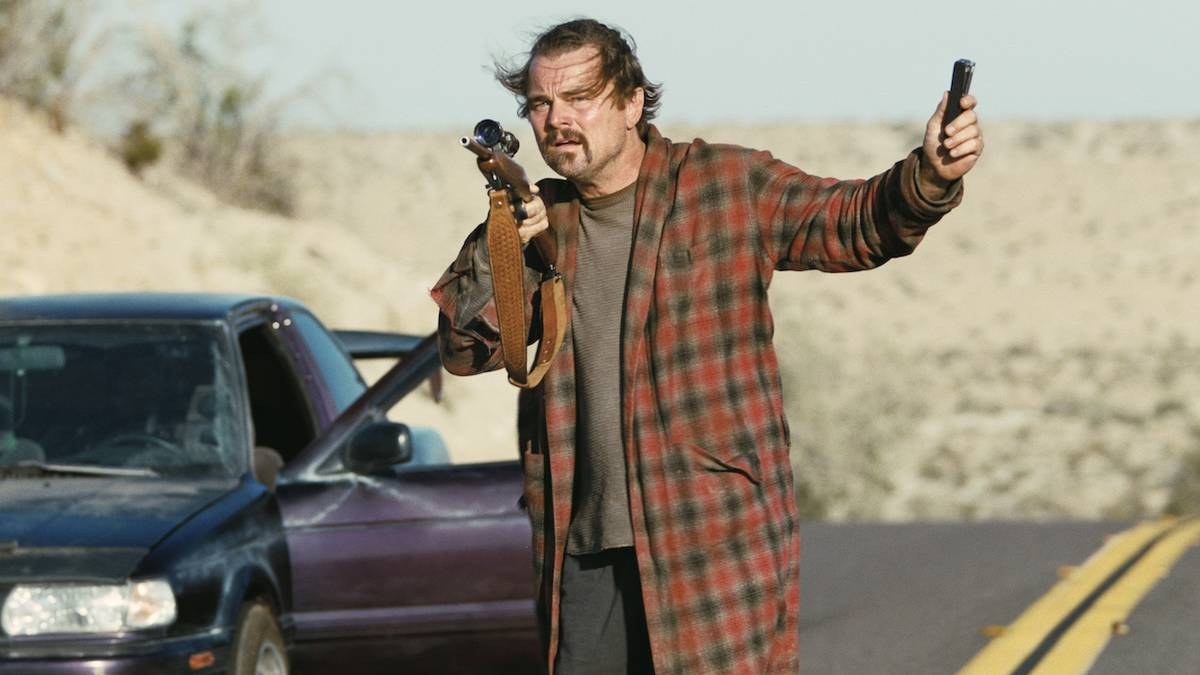
Paul Thomas Anderson's "One Battle After Another" marks a different kind of success for Warner Bros., earning critical a...
DCU's Nightmare: Are Film Franchises Repeating MCU's Fatal Flaws?
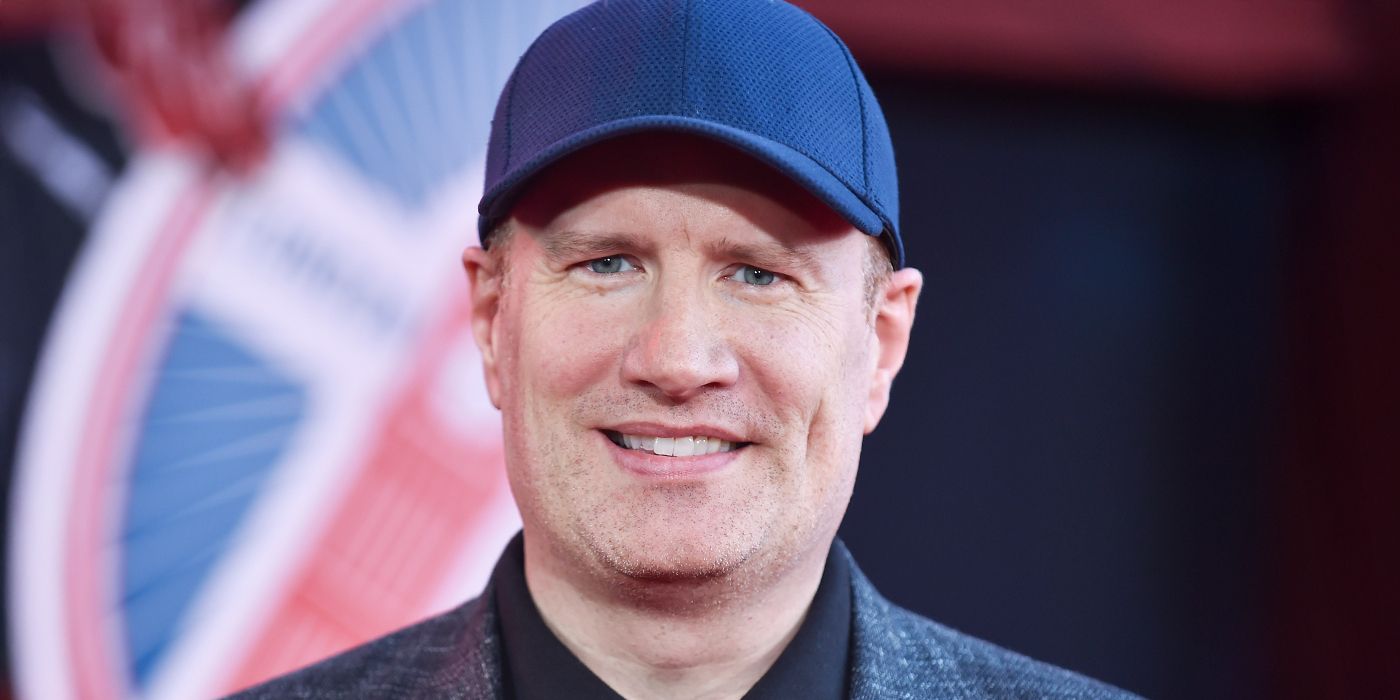
The DCU's increasing interconnectivity, particularly in <i>Peacemaker</i> Season 2, is raising concerns about potential ...
